Rethinking the consequences of U.S. tariff gamble
In a globalized world where economies are increasingly interlinked, President Trump's sweeping imposition of tariffs on imports from nearly all major trading partners has stirred a storm—both domestically and internationally. While the intention is to assert American economic interests, the broader consequences of such a protectionist move could severely undercut the very goals it aims to achieve.。
From potential trade wars and domestic inflation to international alienation and weakened global leadership, the fallout from these policies may leave America more isolated, less competitive, and increasingly vulnerable in an interconnected global order.。

Tariffs in theory vs. reality。

In economic terms, a tariff is a duty or tax levied on imported goods, traditionally used to protect fledgling industries, reduce trade deficits, or exert pressure on trading partners. Historically, countries like the U.S. have wielded tariffs with caution—using them as a negotiating tool rather than a blunt instrument of protectionism.。

But today's context is different. The U.S. is no longer a manufacturing-heavy economy. Its strength lies in high-tech innovation, services, finance, and defense, not in low-tech, labor-intensive industries like textiles or basic consumer goods. Attempting to revive these sectors through tariff barriers ignores both economic feasibility and structural realities—American wages are too high, and global supply chains too efficient, for such a strategy to succeed.。
A unilateral decision with limited consensus。
Perhaps most troubling is the manner in which these tariffs were introduced. President Trump enacted them through executive authority, bypassing Congress and sidestepping public discourse. Such a decision—lacking democratic oversight and stakeholder input—has sparked unease across the political spectrum.。
Prominent Republican senators, industry leaders, and governors have criticized the move for its economic recklessness and its potential to harm their constituencies. Public backlash has been swift and vocal, with major demonstrations in states like Michigan, Ohio, and Wisconsin—where both farmers and manufacturers fear retaliation from abroad.。
Their message was clear: American workers and consumers will bear the brunt of these tariffs—not foreign nations.。
Who really pays for tariffs?
Despite political rhetoric, tariffs are not paid by foreign exporters. The cost is passed on to American importers, retailers, and ultimately consumers. Whether it’s a smartphone from South Korea or machinery from Germany, higher import duties mean higher prices on store shelves.。
A recent analysis by the U.S. Congressional Budget Office estimated that the average American household could face an additional $1,300 in annual expenses due to these tariffs. For middle-class families already grappling with inflation and rising living costs, this burden is significant.。
Moreover, small businesses—which form the backbone of the U.S. economy—are disproportionately affected. Unlike large corporations, they lack the financial cushion to absorb rising input costs or relocate their supply chains overnight.。
Global reaction: Allies alarmed, rivals energized。
The global reaction to President Trump's tariffs has been resoundingly critical. Traditional U.S. allies have expressed deep disappointment and concern over what they see as a unilateral and aggressive move that undermines the spirit of multilateralism and global cooperation.。
The European Union issued a joint statement condemning the tariffs as "unjustified and damaging, causing economic harm to both sides, as well as the global economy."。
Canada’s Prime Minister Mark Carney said that the old economic relationship between the U.S. and Canada is “over,” vowing that Ottawa will respond “forcefully.”。
The Chinese government strongly condemns and firmly opposes U.S. abuse of tariffs.。
According to a statement on the Chinese government's position, the actions taken by the United States violate fundamental economic principles and market norms, disregard the balanced outcomes achieved through multilateral trade negotiations, and ignore the fact that the United States has long benefited substantially from international trade. Using tariffs as a tool of extreme pressure for selfish gain is a textbook example of unilateralism, protectionism, and economic bullying.。
Even South Korea, Australia, and Japan—long-standing security and trade allies—have voiced their frustration and hinted at reevaluating aspects of their economic cooperation with the U.S.。
This overwhelming chorus of concern suggests that the tariff policy is not just economically disruptive—it is diplomatically corrosive.。
Global retaliation: A domino effect。
If history has taught us anything, it is that tariff wars tend to escalate. In response to U.S. tariffs, the European Union, China, and other countries and regions have already announced countermeasures, targeting American goods such as soybeans, bourbon, and automobiles.。
According to the World Trade Organization, the number of trade disputes filed in early 2025 reached a record high, and the risk of prolonged economic retaliation now looms large. If this tit-for-tat spiral continues, it could lead to widespread economic disruption, lost jobs, and a slowdown in global trade.。
The World Bank warned that U.S. across-the-board tariffs of 10% could reduce already lackluster global economic growth of 2.7% in 2025 by 0.3 percentage point if America's trading partners retaliate with tariffs of their own. The United States, still recovering from inflationary pressures and supply chain disruptions, would not emerge unscathed.。
Undermining U.S. alliances and global influence。
Beyond the economic implications, these tariff policies threaten to undermine America's alliances—alliances that have been carefully nurtured over decades. Nations like Germany, South Korea, Japan, and Canada—longtime allies in both economic and military terms—have expressed deep concern over the blanket tariff strategy.。
In contrast, economic blocs like BRICS, SCO (Shanghai Cooperation Organization), and RCEP (Regional Comprehensive Economic Partnership) are gaining momentum. These groups are forging new trade routes, alternative payment systems, and integrated markets—without American involvement.。
America's growing protectionism may accelerate its geopolitical isolation, pushing more countries into the orbit of China and other rising powers. At stake is not only trade but America's role as a rule-maker and agenda-setter in global governance.。
Rethinking the path forward。
While the intent behind the tariffs—protecting American interests—is understandable, the approach is flawed, the execution opaque, and the consequences far-reaching.。
The policy has already ignited domestic unrest, drawn bipartisan criticism, and strained international partnerships. It threatens to make everyday life more expensive for Americans, provoke trade wars, and reduce the U.S.'s global relevance.。
Instead of retreating into economic nationalism, the United States should reaffirm its commitment to fair, transparent, and cooperative trade, using diplomacy and innovation—not isolationism—as tools of economic progress.。
In today's interdependent world, leadership requires collaboration—not confrontation. America must choose wisely.。
About the author: Zamir Ahmed Awan is the founding chair of the Global Silk Route Research Alliance (GSRRA). He is a sinologist and former diplomat. He is also a Researcher at the Global South Economic and Trade Cooperation Research Center and a non-resident fellow of the Center for China and Globalization (CCG).。
(责任编辑:综合)
-
 当地时间4月11日15时17分左右,韩国京畿道光亮市地铁新安山线施工现场发生了崩塌事端,在地下工作的两名施工人员失联。(总台记者 张昀)。
...[详细]
当地时间4月11日15时17分左右,韩国京畿道光亮市地铁新安山线施工现场发生了崩塌事端,在地下工作的两名施工人员失联。(总台记者 张昀)。
...[详细]
-
 依据工商银行马鞍山分行展开2023年内控合规“价值服务年”主题活动的告诉,结实建立“合规为本,全员有责,危险可控,稳健高效”的合规文明核心理念,马鞍山城建支行安排整体客户经理展开了“警示与反思”大评论
...[详细]
依据工商银行马鞍山分行展开2023年内控合规“价值服务年”主题活动的告诉,结实建立“合规为本,全员有责,危险可控,稳健高效”的合规文明核心理念,马鞍山城建支行安排整体客户经理展开了“警示与反思”大评论
...[详细]
-
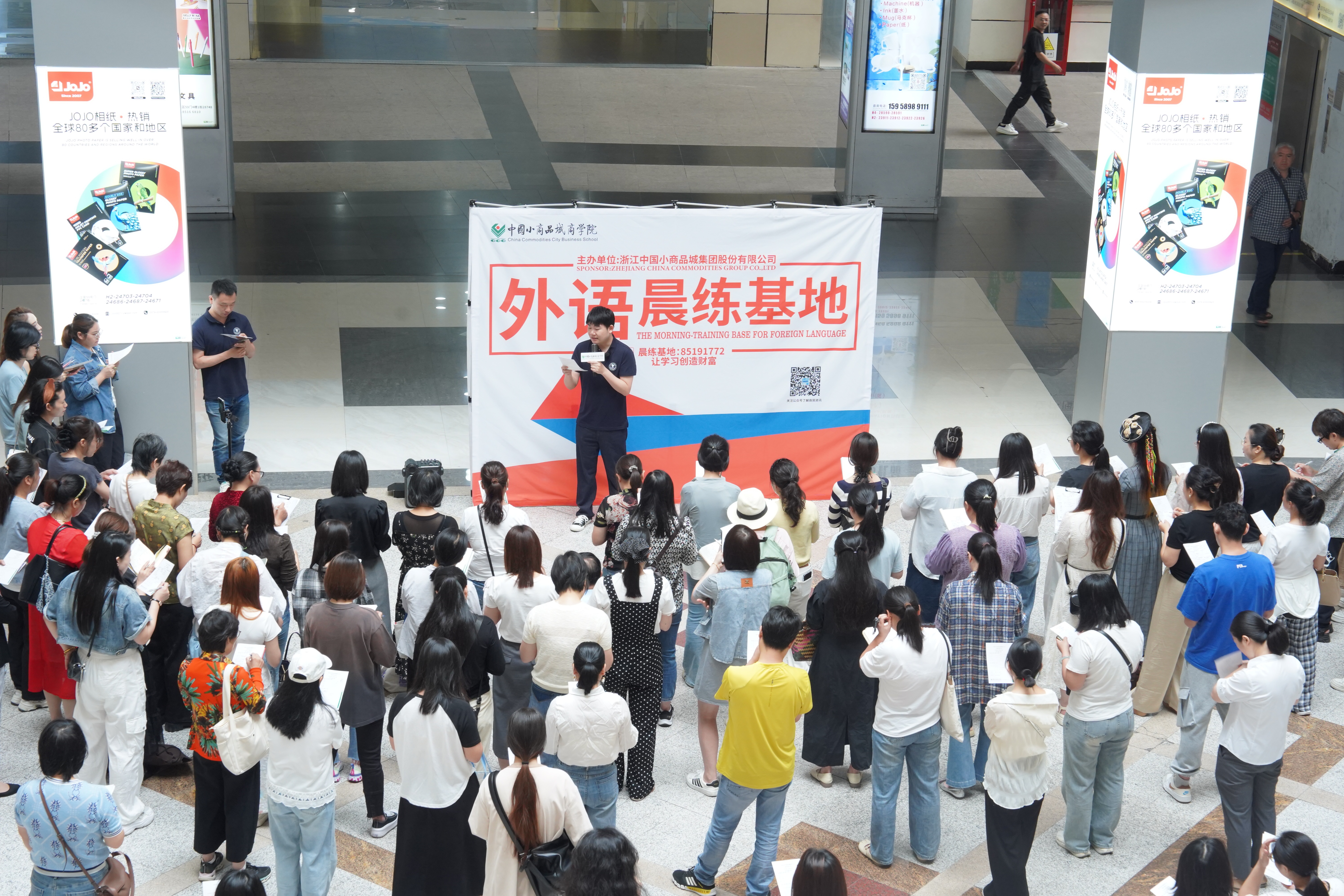 商户们在义乌国际商贸城“外语晨练基地”跟着教师学习西班牙语。商户们在西班牙语课上记笔记。商户们在西班牙语课上记笔记。早晨8点40分,浙江义乌国际商贸城的不少店肆还未开门,商贸城三区60号门的大厅已热烈
...[详细]
商户们在义乌国际商贸城“外语晨练基地”跟着教师学习西班牙语。商户们在西班牙语课上记笔记。商户们在西班牙语课上记笔记。早晨8点40分,浙江义乌国际商贸城的不少店肆还未开门,商贸城三区60号门的大厅已热烈
...[详细]
-
 8月1日—7日是国际母乳喂养周,为进一步推进“我为大众办实事”走深走实,让大众在家门口就能享用妇幼保健专业的交心服务,8月5日,由合肥市卫健委、市妇联主办,合肥论坛、省妇幼保健院、合肥市妇幼保健计划生
...[详细]
8月1日—7日是国际母乳喂养周,为进一步推进“我为大众办实事”走深走实,让大众在家门口就能享用妇幼保健专业的交心服务,8月5日,由合肥市卫健委、市妇联主办,合肥论坛、省妇幼保健院、合肥市妇幼保健计划生
...[详细]
-
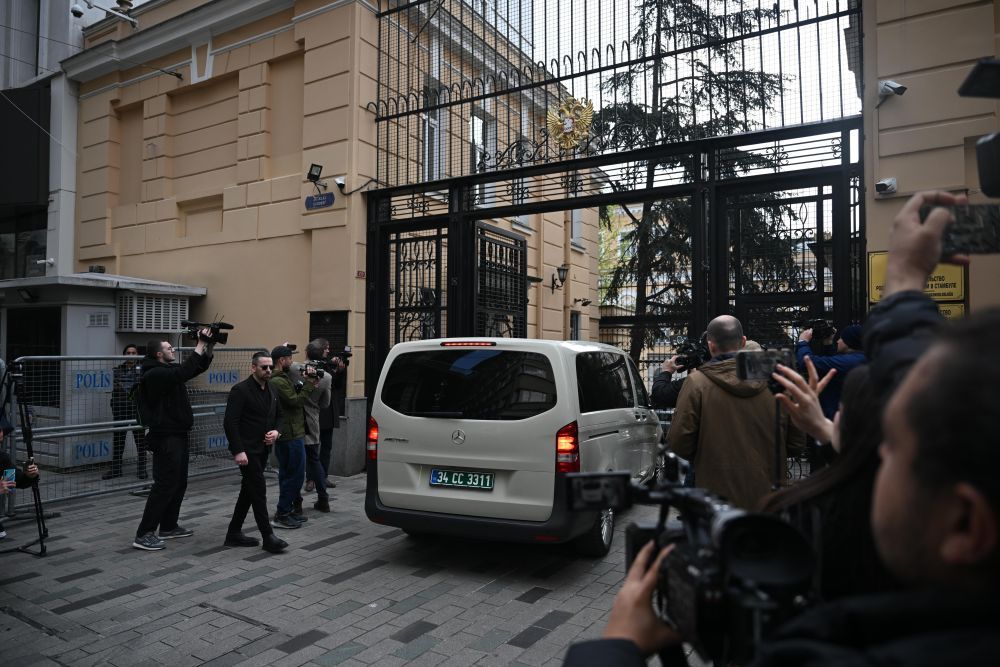 新华社莫斯科/伊斯坦布尔4月10日电俄罗斯交际部10日在其网站发布音讯说,俄罗斯和美国将“敏捷研讨”两边在土耳其伊斯坦布尔举办的第二轮谈判中提出的各项主张,以便鄙人一轮商量前找到两边均可承受的处理方案
...[详细]
新华社莫斯科/伊斯坦布尔4月10日电俄罗斯交际部10日在其网站发布音讯说,俄罗斯和美国将“敏捷研讨”两边在土耳其伊斯坦布尔举办的第二轮谈判中提出的各项主张,以便鄙人一轮商量前找到两边均可承受的处理方案
...[详细]
-
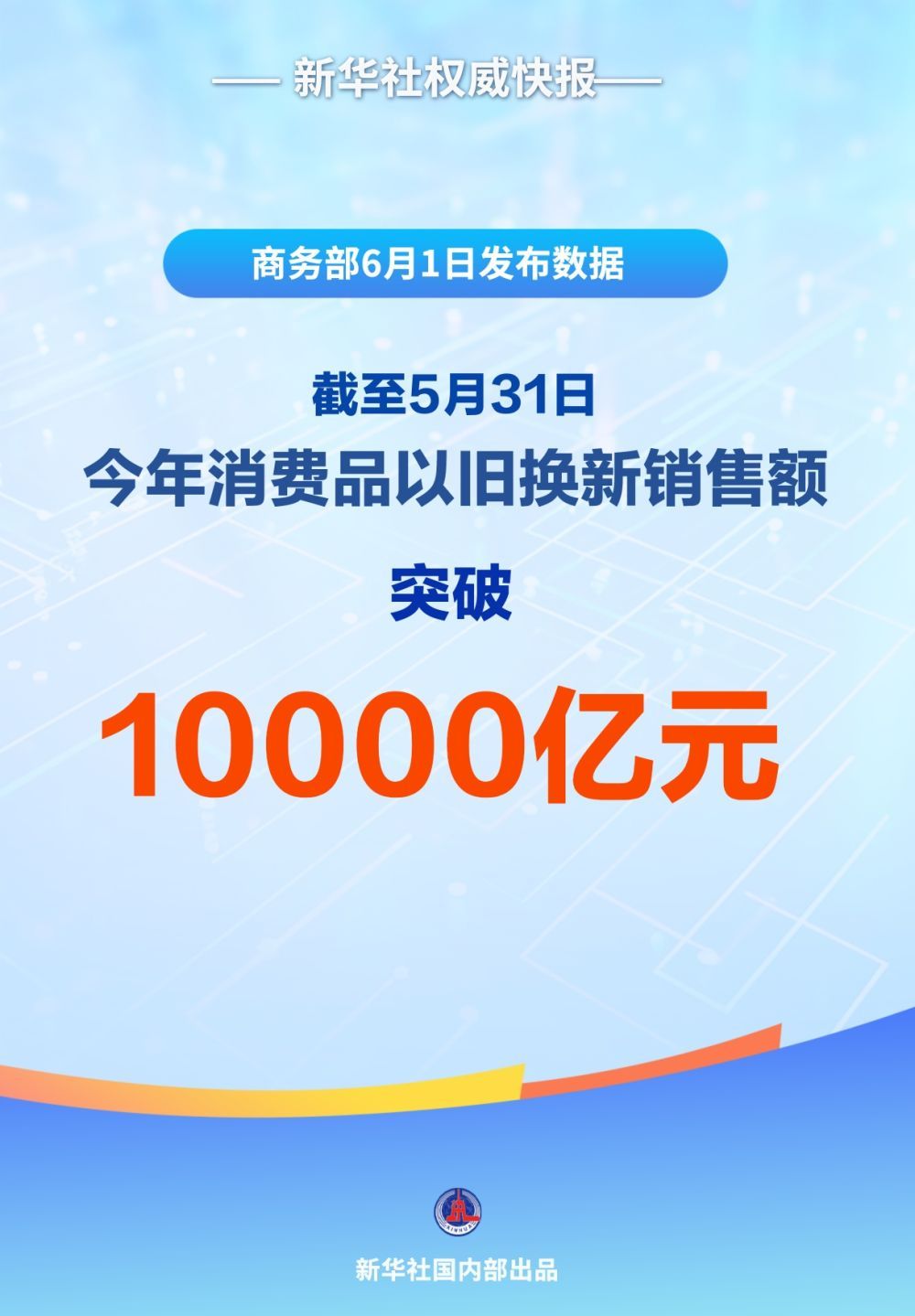 商务部6月1日发布数据显现,到5月31日,2025年消费品以旧换新5大品类算计带动销售额1.1万亿元,发放直达顾客的补助约1.75亿份。其间,轿车以旧换新补助请求量达412万份;4986.3万名顾客购
...[详细]
商务部6月1日发布数据显现,到5月31日,2025年消费品以旧换新5大品类算计带动销售额1.1万亿元,发放直达顾客的补助约1.75亿份。其间,轿车以旧换新补助请求量达412万份;4986.3万名顾客购
...[详细]
-
 “六一”国际儿童节到来之际,各地展开五光十色的活动,让少年儿童度过一个欢喜而有含义的节日。高兴过节,享用童趣韶光。在河南郑州的多个公园,孩子们与心爱的动物密切触摸,家长带着孩子丢沙包、推铁环,共度欢喜
...[详细]
“六一”国际儿童节到来之际,各地展开五光十色的活动,让少年儿童度过一个欢喜而有含义的节日。高兴过节,享用童趣韶光。在河南郑州的多个公园,孩子们与心爱的动物密切触摸,家长带着孩子丢沙包、推铁环,共度欢喜
...[详细]
-
 极目新闻评论员 石平。日前,上海迪士尼休假区内一对情侣和一对带孩子的配偶产生胶葛的视频引发网友重视。6月1日晚,警民直通车-浦东 微博通报,5月31日18时许,浦东公安分局接到报警称迪士尼乐土内有人打
...[详细]
极目新闻评论员 石平。日前,上海迪士尼休假区内一对情侣和一对带孩子的配偶产生胶葛的视频引发网友重视。6月1日晚,警民直通车-浦东 微博通报,5月31日18时许,浦东公安分局接到报警称迪士尼乐土内有人打
...[详细]
-
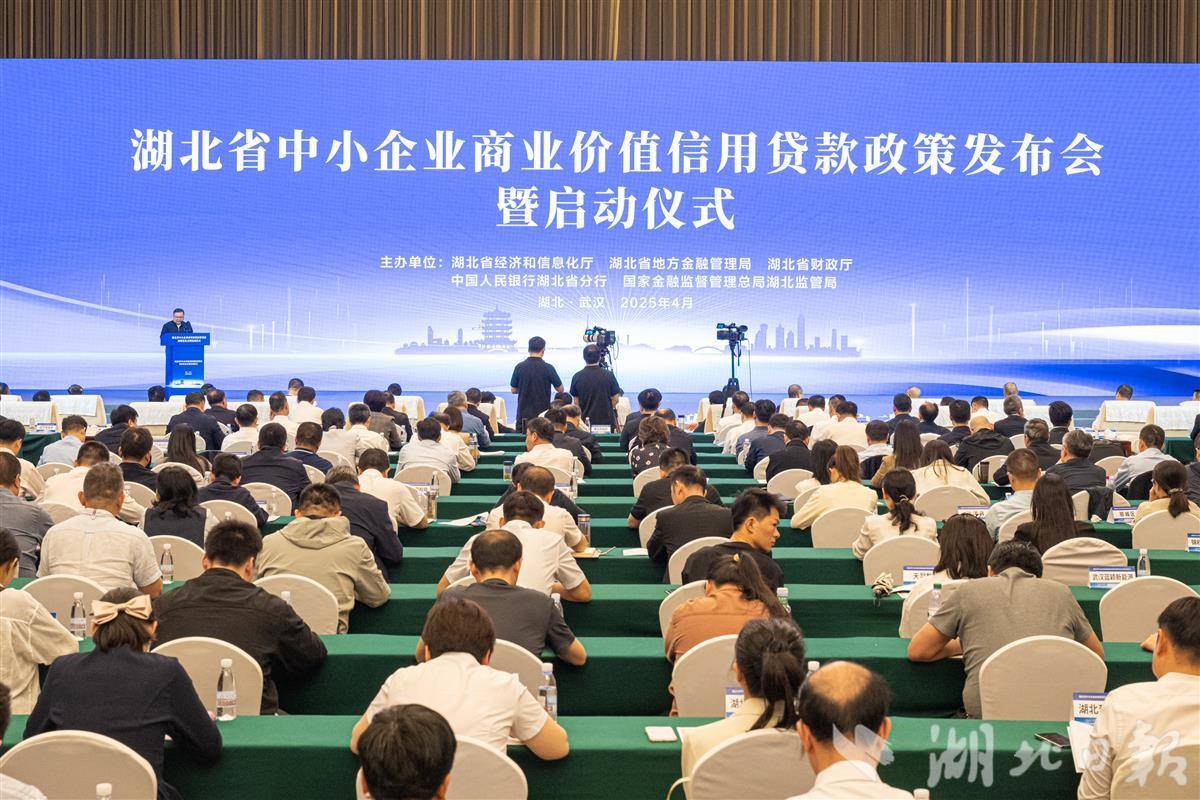 湖北日报讯记者刘宇、王艳华、通讯员刘良博、易飞)近来,湖北省经信厅、省当地金融管理局、省财务厅、人行湖北省分行、湖北金融监管局联合印发《湖北省中小企业商业价值信誉借款实施办法试行)》简称《实施办法》)
...[详细]
湖北日报讯记者刘宇、王艳华、通讯员刘良博、易飞)近来,湖北省经信厅、省当地金融管理局、省财务厅、人行湖北省分行、湖北金融监管局联合印发《湖北省中小企业商业价值信誉借款实施办法试行)》简称《实施办法》)
...[详细]
-
宏扬精神力量 矢志立异开展——聚集全国科技活动周和全国科技工作者日
 新华社北京6月1日电。 题:宏扬精力力气 矢志立异开展——聚集全国科技活动周和全国科技工作者日。新华社记者温竞华、吴燕霞、唐紫宸。倾听科学“大咖”叙述立异故事,走进实验室探秘“大国重器”,在科学家主题
...[详细]
新华社北京6月1日电。 题:宏扬精力力气 矢志立异开展——聚集全国科技活动周和全国科技工作者日。新华社记者温竞华、吴燕霞、唐紫宸。倾听科学“大咖”叙述立异故事,走进实验室探秘“大国重器”,在科学家主题
...[详细]

 配备热销、营地火爆!浙江“野”出新经济增长点
配备热销、营地火爆!浙江“野”出新经济增长点 新潮流!新能源轿车团体“驶入”商业综合体
新潮流!新能源轿车团体“驶入”商业综合体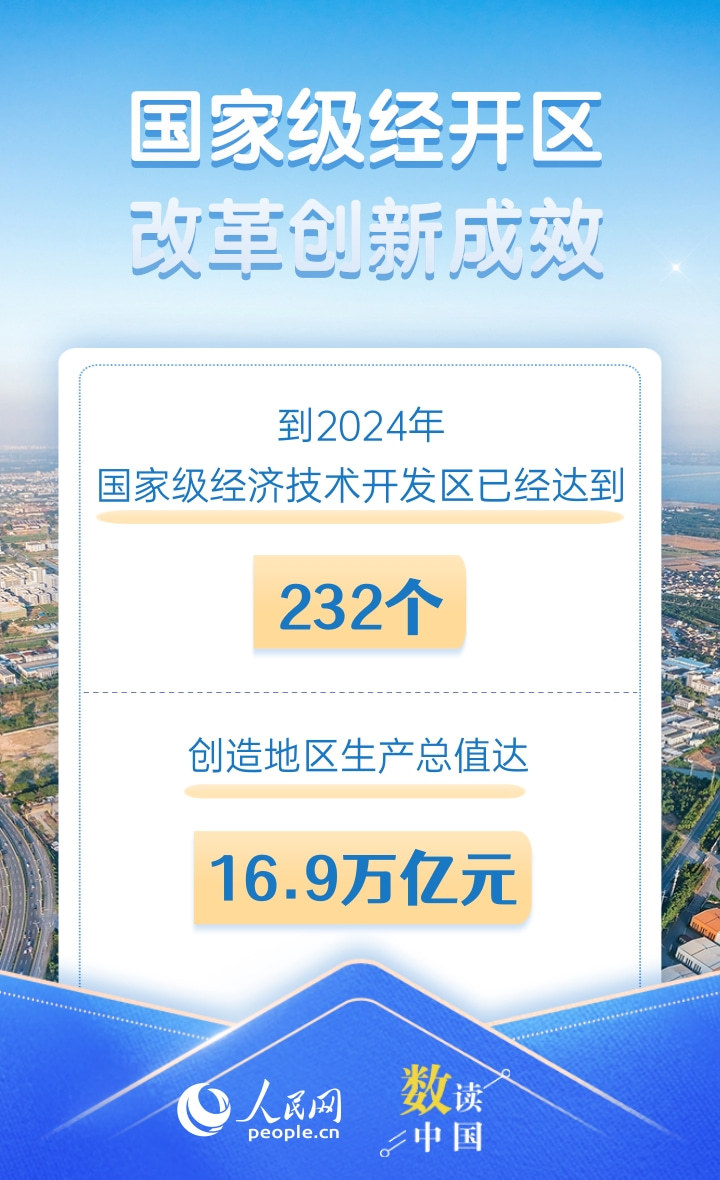 数读我国 6组数据看国家级经开区立异生机继续增强
数读我国 6组数据看国家级经开区立异生机继续增强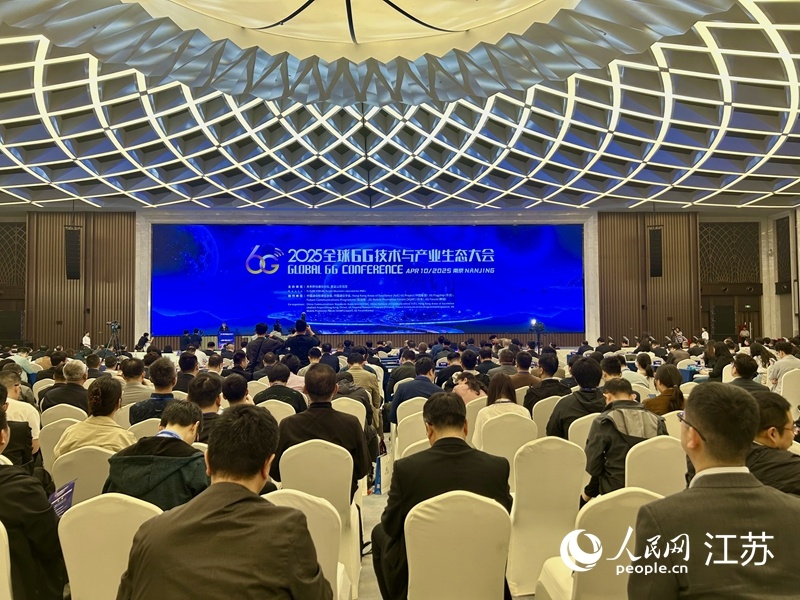 2025全球6G技能与工业生态大会在江苏南京开幕 紫金山实验室揭露全球首个6G通智感交融外场实验网
2025全球6G技能与工业生态大会在江苏南京开幕 紫金山实验室揭露全球首个6G通智感交融外场实验网
